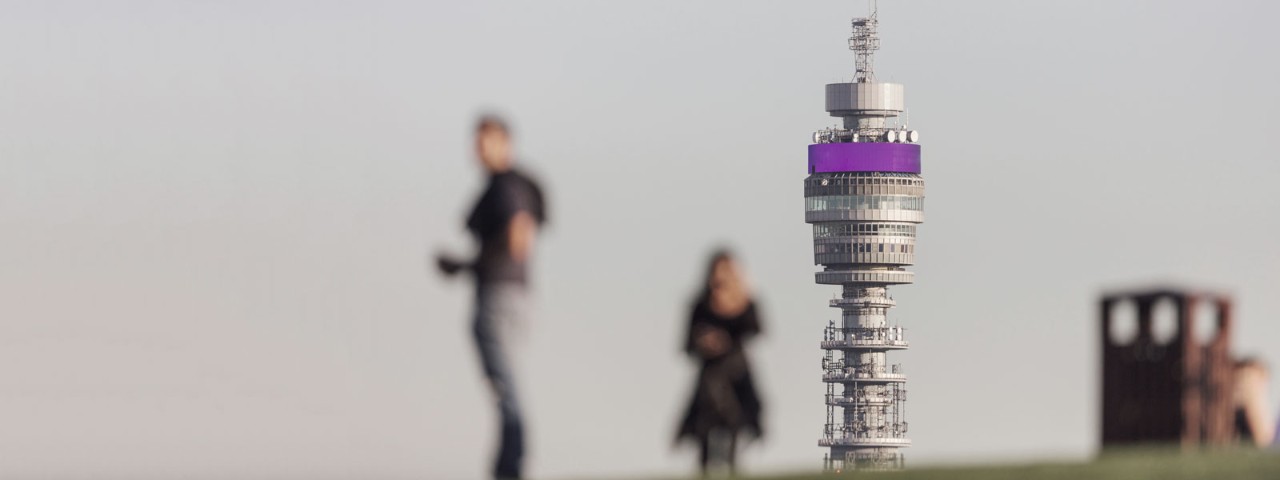The speed and scale of the COVID-19 pandemic has thrown political and business leaders around the world into crisis mode. Reliable, real-time data has become more essential than ever for effective decision-making on combatting the virus and reopening economies. Yet too little is being done to win people’s trust and persuade them to share their data in support of the containment effort, according to a recent online roundtable of officials, academics and business executives convened by Chatham House, the Royal Institute of International Affairs and the Oliver Wyman Forum.
What’s urgently needed, especially in many Western democracies, is a nuanced debate that engages the broad public and captures the positive aspects of data-sharing, not just the risks. In this debate, governments need to be candid with citizens about how their information will be used, and what safeguards exist or will be created to prevent abuse or unnecessary privacy intrusion.
Leaders also need to be explicit about the reciprocity citizens can expect if they use contact-tracing mobile apps or other data tools. A recent Oliver Wyman Forum survey showed that people are willing to share information to protect their health and contain the pandemic, but they want tangible value in exchange. That could include everything from notification via an app of a potential exposure to the virus to clear next steps to take, such as where to get a test and, if positive, how to get treatment.
“The reciprocity with the citizen is you’ll get a test very quickly if you need it, and you’ll get support if you need it,” says Theo Blackwell, London’s chief data officer. “It’s not just about the app.”
Enhancing Data Literacy
There’s no small irony in the privacy concerns surrounding the development of mobile apps and other data tools to combat the coronavirus. Smart phones are widely used around much of the world, and people routinely share their location and intimate details of their lives with mapping apps and social media platforms. “A lot of the data we are talking about people are actually willing to give away if they see a purpose and it is useful for them,” says Alexander Bernert, head of innovation and market management at Zurich Group’s German subsidiary. “So the question about getting people to use contact-tracing apps is, is it really about legislation and enforcement, or is it about building a great user interface?”
The crisis has started to shift public opinion in the UK, our research shows. The willingness of Britons to share mobile location data has risen by nearly a third since late March, when the disease had claimed only a fraction of its current toll of more than 40,000 lives, according to an Oliver Wyman Forum survey conducted in early May. And people place much more trust in the UK’s National Health Service, which is preparing to launch a contact-tracing app, than big tech companies.
Yet support for mobile data-sharing remains well shy of the 60 percent threshold epidemiologists say is required for such an app to be fully effective. That probably reflects reservations about anything that smacks of surveillance by a Big Brother state, as well as the impact of countless data breaches and cases of data-mining by social media companies in recent years.
To win over the public, political leaders must make a case for the positive benefits of data-sharing in the current crisis, and demonstrate that there are ways to do so that don’t violate citizens’ privacy. “It’s completely possible to design solutions that are both privacy preserving and provide us with the impact and insights we can get from data,” says Jeni Tennison, vice president and chief strategy adviser at the Open Data Institute, a UK nonprofit.
Transparency Holds the Key
The UK already provides a well-developed regime based on the European Union’s General Data Protection Regulation. But many people neither know the details of those rules nor necessarily trust the government to respect them, especially once today’s emergency is over.
Transparency can help assuage those concerns. That means being as open as possible about the data that will be captured and how it will be used to contain the pandemic. The creation of an oversight board and commitment to publish data impact assessments can be helpful too. And the authorities could consider putting explicit limits on the use of data or the time it will be held. The NHS app currently on trial in the Isle of Wight retains user data centrally for 28 days, for example.
BT Group has been providing aggregated and anonymized mobile location data to the UK Cabinet Office to show how peoples’ movements around major train stations and other junctions have changed during the crisis. Howard Watson, the telecom operator’s chief technology and information officer, says the company follows the principles of proportionality and purpose, only sharing the information that’s needed and ensuring the right degree of anonymisation. “The privacy needs of our customers are our first priority when we’re looking at how we can help,” he says.
Technology is a tool, not a panacea, in the current crisis. To overcome the virus, governments need to address privacy concerns about data-sharing head on, and combine surveillance techniques with large-scale testing, resilient health-care infrastructures and community support for those in need. That approach would strengthen public expectations for how data is shared and citizens are informed, and pay dividends long after the pandemic ends.

